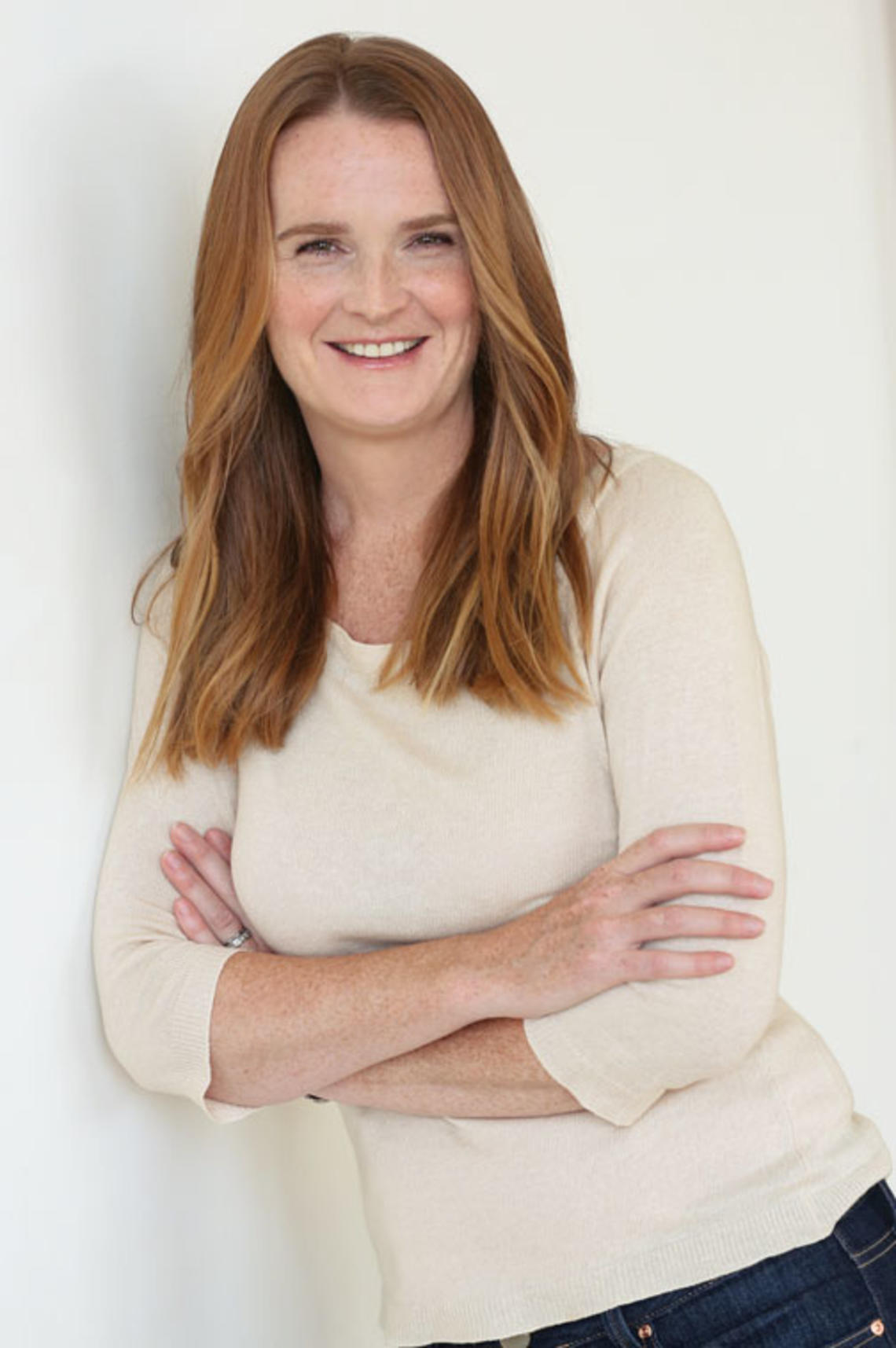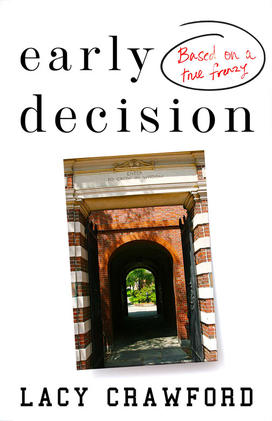

“Write what you know,” the adage goes. That’s what Lacy Crawford ’96 does in her debut novel about college admissions. Drawing on her 15 years of experience counseling high school students with their college applications, she satirizes one six-month push for five high school seniors.
Early Decision: Based on a True Frenzy (William Morrow) follows Crawford’s alter ego, Anne, who coaches teens to find their own voice in their personal essays and consoles their high-strung, affluent parents in Chicago, where Crawford grew up.
In writing the novel, Crawford wanted to comment on the craziness she saw in the admission race. The story lines are based on situations she encountered with her former clients, though identities are disguised. A parent did pull out a checkbook and offer to pay Crawford to write a personal essay. Another parent did summon Crawford to the house to review an essay the father had rewritten. Again and again, Crawford saw parents wanting to help their children, but what they did often damaged or wore down their child’s confidence, she says.
The pressure — in the novel and in real life — builds as parents, fearing for their children’s futures, fantasize about what a diploma from a top college can do. “I think some of the frenzy is a defense against the looming empty nest, and against no longer having the choice to try to control an unruly world to make it safe for one’s child,” she says.
Crawford no longer counsels students. If she could wave a magic wand to transform college admissions, she’d have colleges revert to their own, unique applications and essays, and require interviews. High schools would be staffed with counselors trained to help students identify colleges and financial-aid opportunities, with an eye toward helping them begin to build a life. “It’s about growing up, not getting in,” Crawford says.
The “aha” moment of parental anxiety that spurred Crawford’s idea for Early Decision came when she was applying to preschools for her older son, then 4 months old, despite being told she was already too late. The form for one preschool had essay questions, “and it was trying to answer those, on behalf of a tiny baby, that I realized I knew where this all would end. And it wasn’t pretty.” She did not apply to that preschool, but other preschools she considered asked questions about her child’s developing personality. The whole process, she says, “made me feel insane.”
While much of the novel is based on her experiences, Crawford did invent scenarios. And the students’ essays in the book are fictitious.
Early Decision draws on the most extreme family dynamics Crawford encountered. It also includes successes. The novel’s outstanding student from a poor Chicago neighborhood is based on a real one Crawford tutored — who graduated from Princeton.
Necessary Errors, a coming-of-age novel by Caleb Crain. Crain is “willing to be a romantic and takes his time on the page. It’s beautiful.”











0 Responses